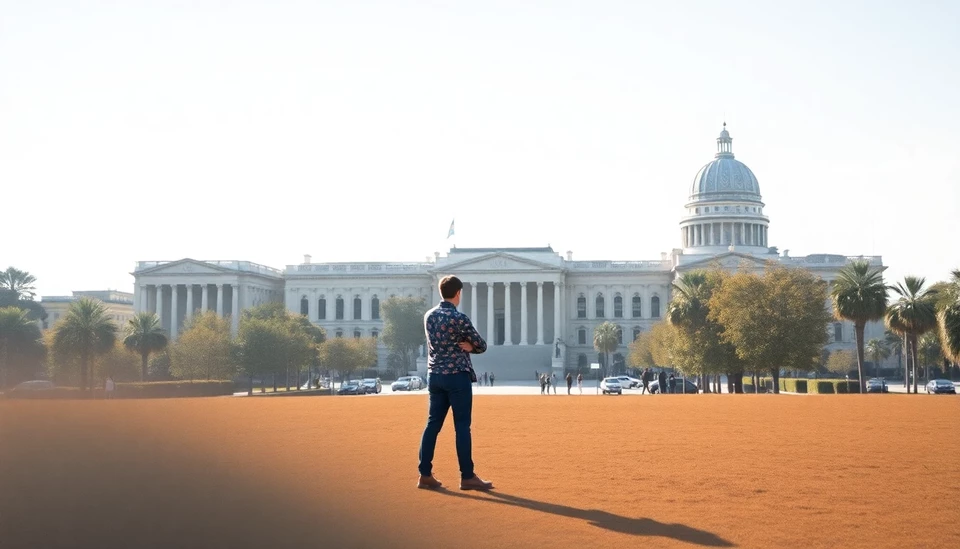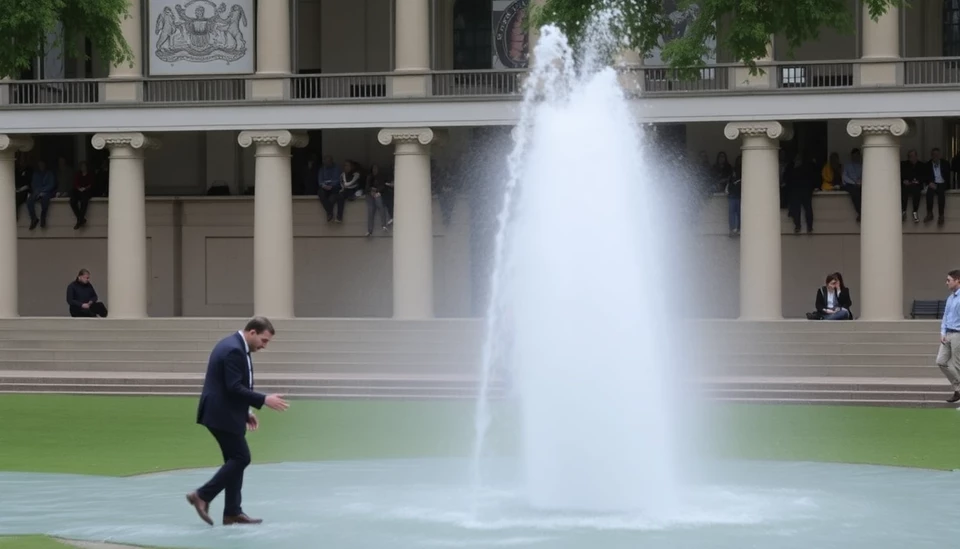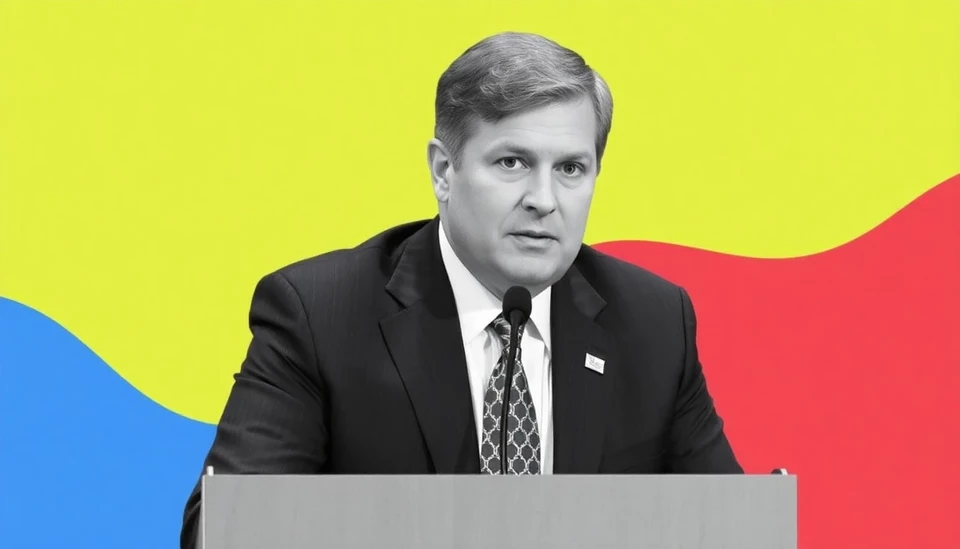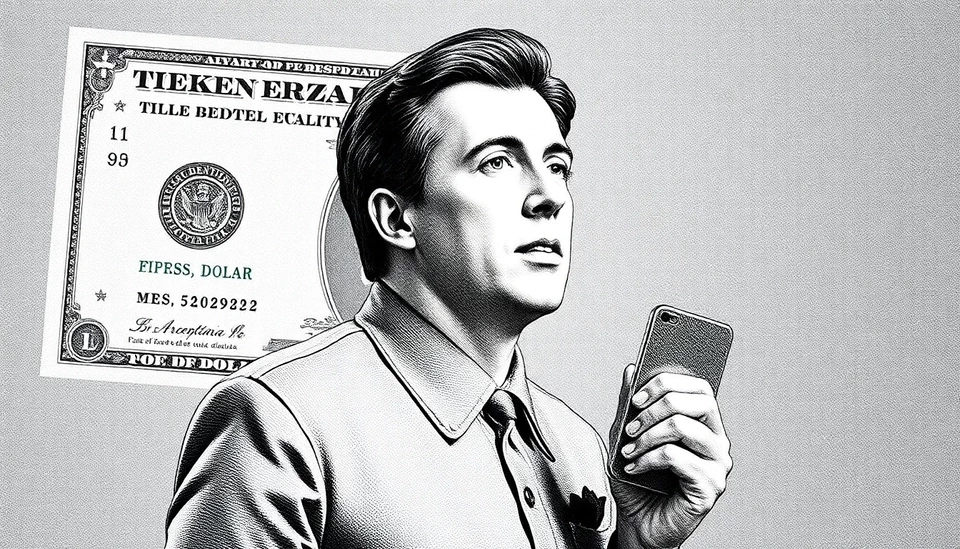
In a bold move that has sent ripples through the Argentine political landscape, President Javier Milei has begun to dismantle the country’s longstanding Peronist symbols, aiming to revitalize the economy and entice foreign investors. His administration has set its sights on significant reforms that could reshape Argentina’s socio-economic framework, which has been heavily influenced by Peronism for decades.
Since taking office, Milei has been unflinching in his quest to distance his government from the legacy of Peronism, a political movement founded by Juan Domingo Perón in the mid-20th century. This shift comes as Argentina grapples with crippling inflation rates and recession, which have severely hampered economic growth and stability.
One of Milei's key strategies involves the removal of statues and symbols associated with Peronism in public spaces, an act that has stirred debates across various segments of society. His supporters argue that these actions are essential to breaking the cycle of economic mismanagement and aversion to foreign capital that they associate with the previous administrations influenced by Peronist ideology.
The president’s administration claims that a break from Peronist policies is crucial for inviting foreign investment and fostering a business-friendly environment. His government has laid out a series of measures designed to streamline regulations, reduce tariffs, and enhance the overall appeal of Argentina to international markets.
Critics, however, have raised concerns about the implications of dismantling a political legacy that many Argentines still hold dear. They argue that Milei’s approach risks alienating a significant portion of the population that benefits from social programs rooted in Peronism, underlined by its focus on welfare and labor rights.
Despite the controversy, foreign investors have begun to take notice of Milei’s plans. Early signals show a cautious optimism among international business leaders regarding the potential for economic reform. If successful, his administration may stand to attract substantial foreign capital that could help stabilize Argentina’s ailing economy.
The president's economic blueprint includes extensive austerity measures, which he believes are necessary to curtail inflation and restore fiscal sanity. However, these measures may also stir public unrest, as many citizens fear the potential loss of social benefits and public services.
As Argentina enters what could be a transformative period, all eyes are on Javier Milei and his radical policies. The success of his administration will largely depend on striking a balance between attracting investment and ensuring that the broader population does not bear the brunt of necessary fiscal reforms.
In summary, Milei’s aggressive stance on dismantling Peronist symbols and policies indicates a clear departure from the traditional Argentine political framework. Whether this gamble will pay off in terms of revitalizing the economy and garnering investor confidence remains to be seen.
#Argentina #Milei #Peronism #EconomicReform #ForeignInvestment #PoliticalChange
Author: Laura Mitchell




